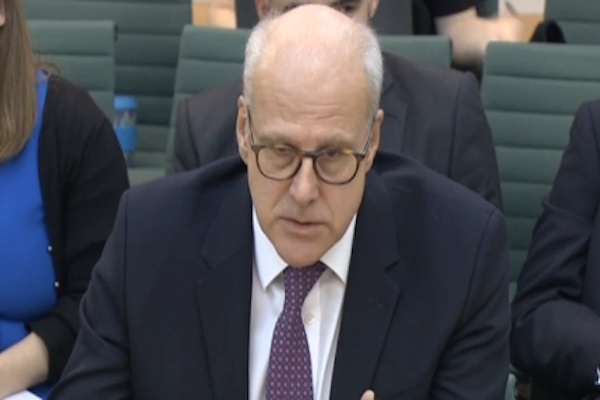Outgoing FCA chair Charles Randell - in one of his last major speeches before he stands down - has said that in hindsight “more could have been done” to protect people from the negative impacts of the Pension Freedoms which were introduced in 2015.
The freedoms, introduced by then Chancellor George Osborne, have been both hailed for opening new benefits for pension savers but also for unleashing a wave of unsuitable pension transfers and scams, costing millions to put right.
In a speech to the Centre for Commercial Law Studies at Queen Mary University of London last week, Mr Randell said: “As I've previously said, the speed with which Pension Freedoms were introduced in 2015 gave rise to a very big execution challenge for everybody: trustees, The Pensions Regulator, the FCA and the Money and Pensions Service, or Pension Wise, as it then was.
“The policies and procedures necessary to mitigate the potential harm to consumers from the Pension Freedoms were still being retrofitted six years later. With hindsight, more could have been done to protect people from risks introduced by the Pension Freedoms policy, particularly if more time had been given to prepare.
"It’s clear from the steps taken since 2015 that the policy itself and the broader system to implement it were found wanting."
Mr Randell, who is due to step down shortly as FCA chair a year early, also warned that it was not realistic to expect the FCA to tackle problems with ‘high risk investments’ on its own. The scale of the problem was too huge for one regulator, he said, and requires legislation, government support and a wider effort to crack down on bad investments.
He said: “We’ve accepted the recommendations of an independent review into the case of London Capital & Finance (the collapsed mini-bond provider), and we’re implementing them in full. But combatting the huge number of unsuitable and sometimes fraudulent investments which are out there, particularly online, requires a much broader set of measures. It’s simply not something the FCA can do its own.”
“The lesson from…case studies – both where partnerships have worked well and where they haven’t been as strong as they needed to be – is that addressing many issues in financial regulation requires not just more effective regulators, but also more collaborative action across policymakers to deliver the right outcomes in the real world – policies that are based on real human behaviour. And policies that are only introduced when the system is ready to put them into practice. We need to apply this lesson to the future.”
In his speech he held out the possibility of the FCA taking on crypto regulation but said this was a huge task and needed to be thought through carefully.
With a new Financial Services and Markets Bill on the way, he also called for the independence of the FCA to be protected and for it not to be subsumed into government.
Other key themes for his speech included a plea for “the consumer’s voice” to be front and centre in regulation and "in every boardroom" and the need for a “policy partnership” between Government and regulators to deliver good outcomes for consumers.

